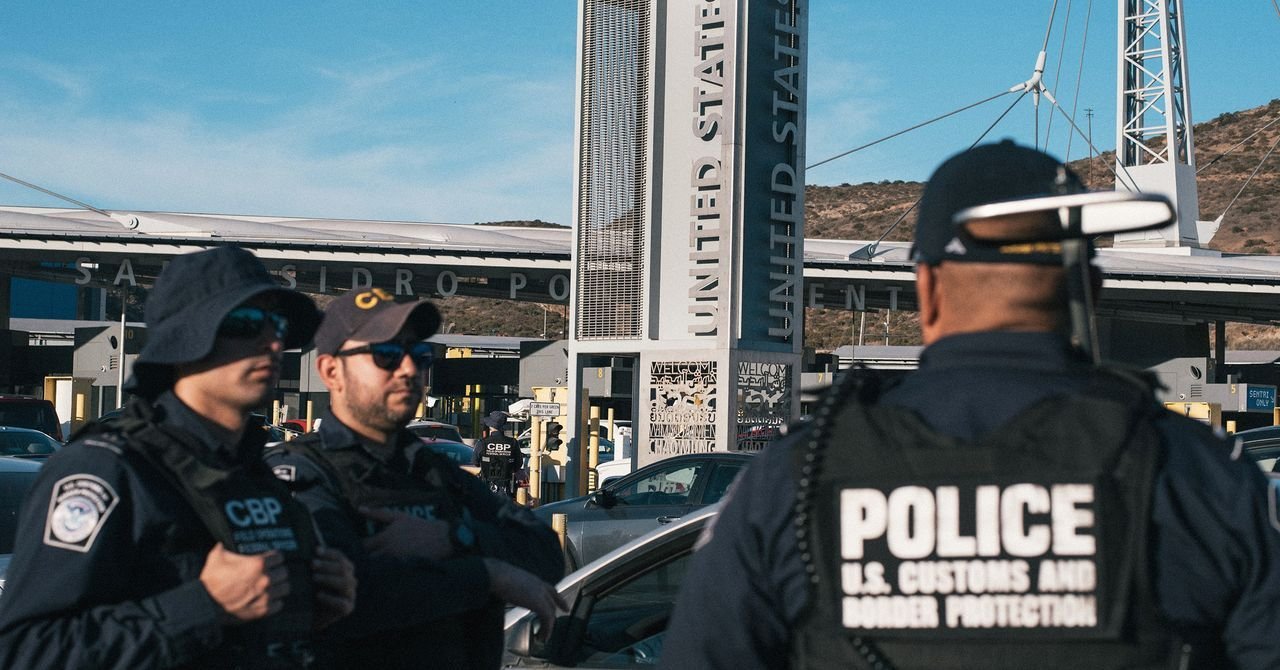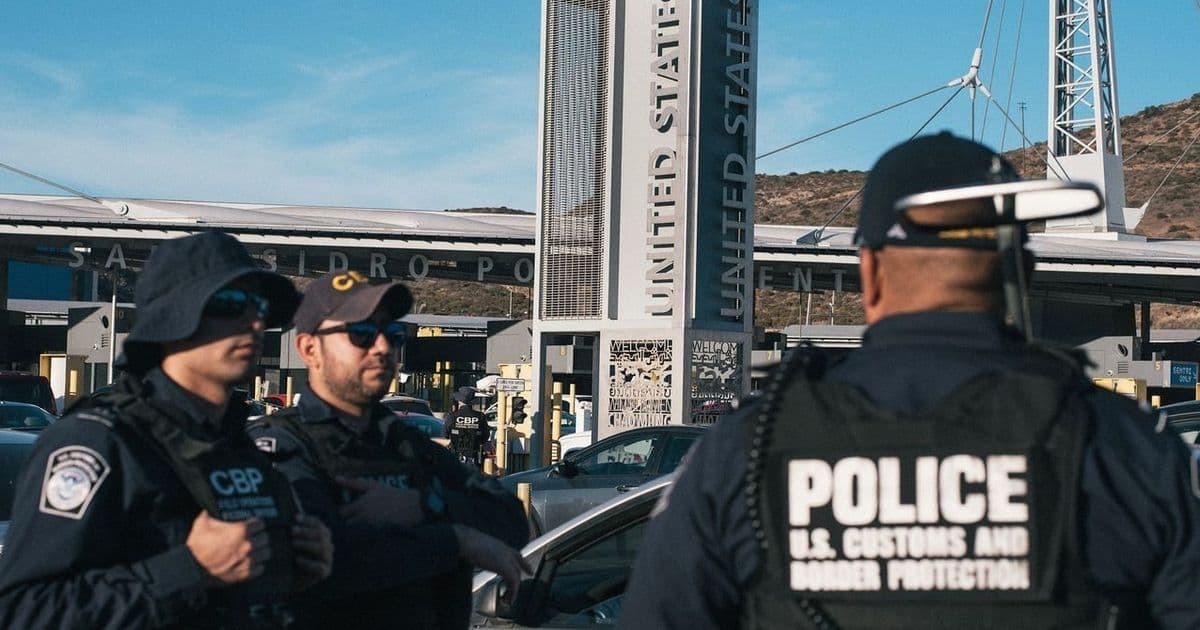U.S. Customs and Border Protection conducted over 55,000 electronic device searches in the past year—a 17% surge—leveraging forensic tools like GrayKey and Cellebrite to bypass encryption. This escalation occurs amid legal fragmentation and rising controversies over warrantless access to travelers' private data.

U.S. border agents searched a record 55,424 phones and electronic devices in fiscal year 2025, according to newly released Customs and Border Protection (CBP) data. This marks a 17% jump from the previous year's 47,000 searches, accelerating sharply in the last six months with 16,173 devices examined between July and September alone. While CBP emphasizes that searches affect "less than 0.01%" of travelers, the spike coincides with the Trump administration's expanded immigration enforcement and heightened surveillance capabilities at ports of entry.
The Forensic Toolbox Unleashed
Border agents deploy two primary inspection methods:
- Basic searches: Manual scrolling through devices without external tools.
- Advanced searches: Forensic extraction using specialized hardware/software requiring "reasonable suspicion." Refusing passcodes can trigger device seizure.
The latter relies on commercial forensic tools originally designed for criminal investigations, now commonplace at checkpoints:
- Cellebrite UFED: Extracts deleted files and bypasses locks.
- GrayKey: Specializes in penetrating modern iPhone encryption.
- Magnet AXIOM: Reconstructs activity timelines from devices and cloud data.
"What once took weeks in labs is now checkpoint routine," notes the report, with CBP actively soliciting newer extraction technologies.
Legal Patchwork and Traveler Fallout
Fourth Amendment protections are suspended in border zones, enabling warrantless searches. However, federal courts are deeply divided:
- The 11th and 8th Circuits allow suspicionless advanced searches.
- The 4th and 9th Circuits demand reasonable suspicion.
- Recent New York district rulings require probable cause.
Controversial incidents abound: A French scientist was reportedly detained for criticizing Trump in messages, while a Norwegian tourist faced expulsion over a meme mocking Vice President J.D. Vance. CBP disputes these accounts, but travelers increasingly view the U.S. as "hostile" territory for digital privacy.
Decade-Long Surge and Systemic Implications
Device searches have skyrocketed 550% since 2015. Though CBP claims they target "digital contraband and terrorism content," critics warn of mission creep. For developers and security professionals, this underscores urgent considerations:
- Travel hygiene: Assume devices may be imaged; use burner phones or encrypted cloud access.
- Enterprise policies: Companies must safeguard proprietary code/data during international travel.
- Legal challenges: Circuit splits may push the issue toward the Supreme Court.
As forensic tools evolve and political climates shift, the border remains a constitutional gray zone—where a single text or meme could alter a traveler's fate.
Source: WIRED

Comments
Please log in or register to join the discussion